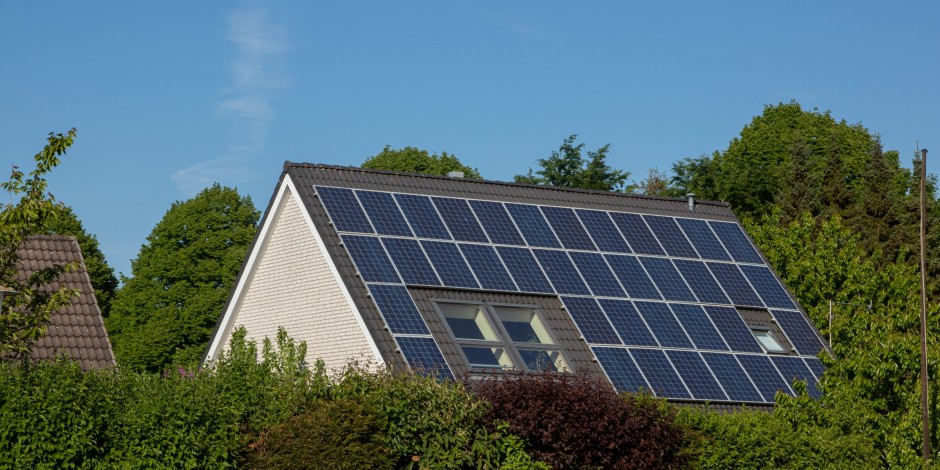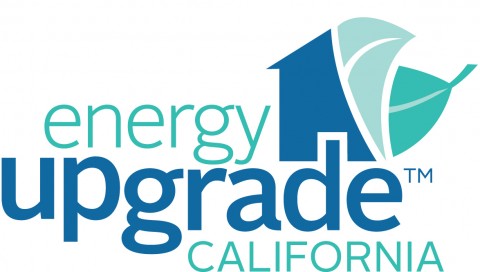What’s Happening to Net Metering in California?

Installing solar panels on your home in California is not only good for the environment, it also increases property value and is a crucial part of any effective home electrification plan. But that’s not all! Homeowners that install solar panels also enjoy ongoing financial savings and are able to take advantage of solar incentives, like net metering.
If you’ve been following the news recently, you may have heard that there are some proposed changes to California’s net metering program. So what are these proposed changes, when would they take effect, and how might they impact current and future solar panel owners?
Breaking Down California’s Solar Net Metering Changes
Under the current net metering program in California, homeowners are credited by their utility company for any excess solar energy generated by their solar panels. This credit allows solar panel owners to offset the costs of using grid electricity at night or on cloudy days, when they are unable to utilize the energy from their solar panels.
The California Public Utilities Commission (CPUC) is currently considering making significant alterations to the state’s net metering program. These changes would alter the program model in such a way that the program would instead be “net billing” rather than “net metering.” The details of the new proposed policy, referred to as Net Metering 3.0, are complicated, but here are some of the high-level takeaways:
All utility customers with solar would move to “highly differentiated” time-of-use rate plans, with higher rates during peak hours and lower rates during off-peak hours.
Most residential customers with solar installations (excluding low-income individuals) would be charged a flat Grid Participation Charge of $8/kW, based on the total capacity of their solar panel system.
To offset the financial impact of the new Grid Participation Charges, the proposed plan would implement incentives called Market Transition Credits. These credits would vary depending on utility provider, income level, and date of sign up for “net billing,” as the credit rate decreases year-over-year.
How Will the New California Solar Net Metering Program Affect You?
If you already have solar installed on your home, the proposed changes would retroactively reduce the amount of time that existing solar panel systems qualify for net metering, lowering the period from 20 years to 15 years. However, anyone with a solar system installed prior to the date that Net Metering 3.0 would go into effect would be grandfathered into the existing net metering program (Net Metering 2.0) for 20 years.
For homeowners currently looking to go solar, the changes would likely increase the average payback period for solar installation, and the new time-of-use rate plans would greatly increase the value of adding solar battery storage. In addition to helping homeowners keep the lights on during PSPS (public safety power shutoff) events, solar battery storage would also help homeowners with solar avoid the more expensive peak use rates outlined in the proposal.
When Would the Changes Go Into Effect?
The details of this proposed change were unveiled in December 2021, with an originally planned final vote by the CPUC in early 2022. However, the commission announced in early February of this year that the plan will not be voted on “until further notice.” This announcement came after Governor Gavin Newsom said in January that he thought changes to the proposal were needed, saying, “We still have some work to do.”
Help Keep Solar Costs Low with Brower Mechanical
For homeowners in Sacramento, Roseville, Rocklin, and the surrounding areas looking to maximize their solar savings, locking into an agreement for the current net metering program in California means getting started right away with residential solar installation, before the CPUC votes on any changes to the program. Along with the solar federal tax credit, which is currently at a rate of 26% but scheduled to drop to 22% in 2023, this is a very important year for California homeowners interested in upgrading to solar!







